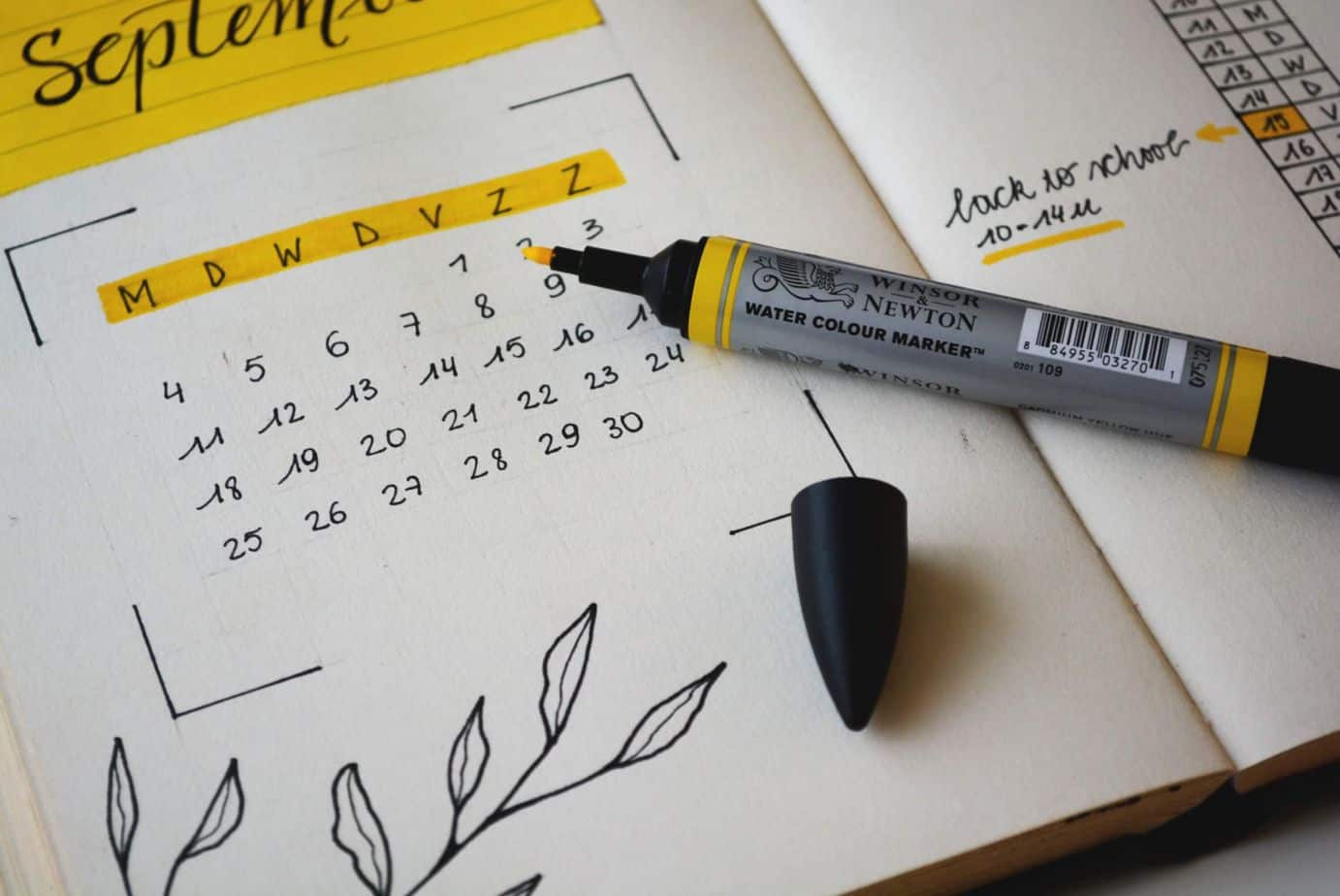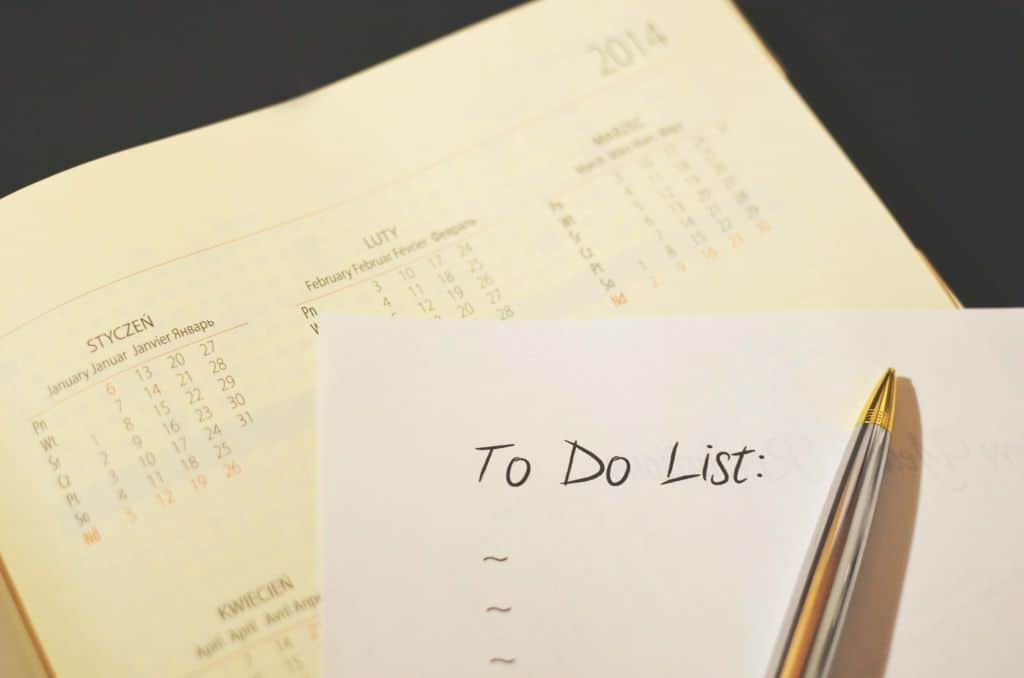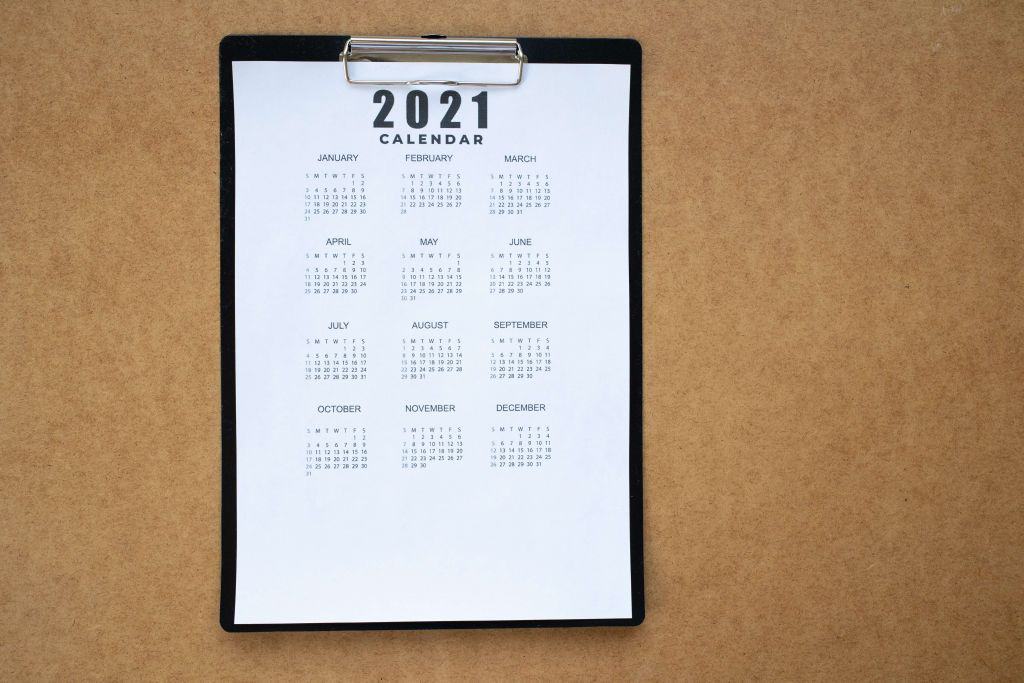
Planning the week step by step allows for better time management. We can divide it so that we maximize the moments for work, study, but also entertainment. Here are some rules of effective week planning.
It is a good idea to start planning your week a bit earlier, that is during the weekend. First, we should prioritize the tasks that we need to do first
Planning your week should be seen as an intermediate unit between your daily accomplishments and the larger goals that you have in mind. These can be undertakings in our professional life, study, but also self-development or relationships with other people
Why adopt such a strategy? There are two reasons:

When thinking about the next week, we need to plan in advance the different types of our activities. This way we will devote the most energy to the most important tasks.
Keeping a list of fixed activities makes it easier for us to keep a weekly schedule. Activities that we have to do anyway do not necessarily always have to be timed. An example would be a long walk that we used to take three times a week. It’s important for us, but not so important that it always takes place on Fridays at 6 p.m. So if we have a meeting with friends planned at that time, we can postpone the walk until the next day

Remember that by planning regular activities, we can also influence our list of priorities. For example, if we want to get in shape, we can treat training at the gym as a permanent activity, even though we haven’t done it before.
Among the special tasks that we have to do during the week, we have to distinguish between urgent and possible to do later. Why this division? It’s obvious that our day has only 24 hours and we are not able to carry out our entire plan in one day
We must also take into account the possibility of unforeseen situations, for which we will have to spend additional time. It may be, for example, a visit to the doctor or a small repair of a sudden defect. By dividing special tasks into urgent and rescheduled ones, we reduce the chance of our own failure in the things that are most important to us. This is a type of risk minimization

Keeping a calendar can feel unnecessary and old-fashioned to some. In reality, it’s a great way to make sure you don’t miss anything or put a pointless strain on your head (which we all have a lot on these days anyway). You can also focus on small daily goals or set larger goals that you plan to achieve in a given week.
The way you keep your calendar should be clear and easy to understand so that you can quickly find specific tasks for the day. There are several possibilities of keeping such a calendar and the choice of “the only one” depends only on us:
Each week should end with a summary of the results achieved. Listing the negatives and positives of the week’s work will allow you to improve your next week’s plans, and from there it’s only a step to the perfect organization